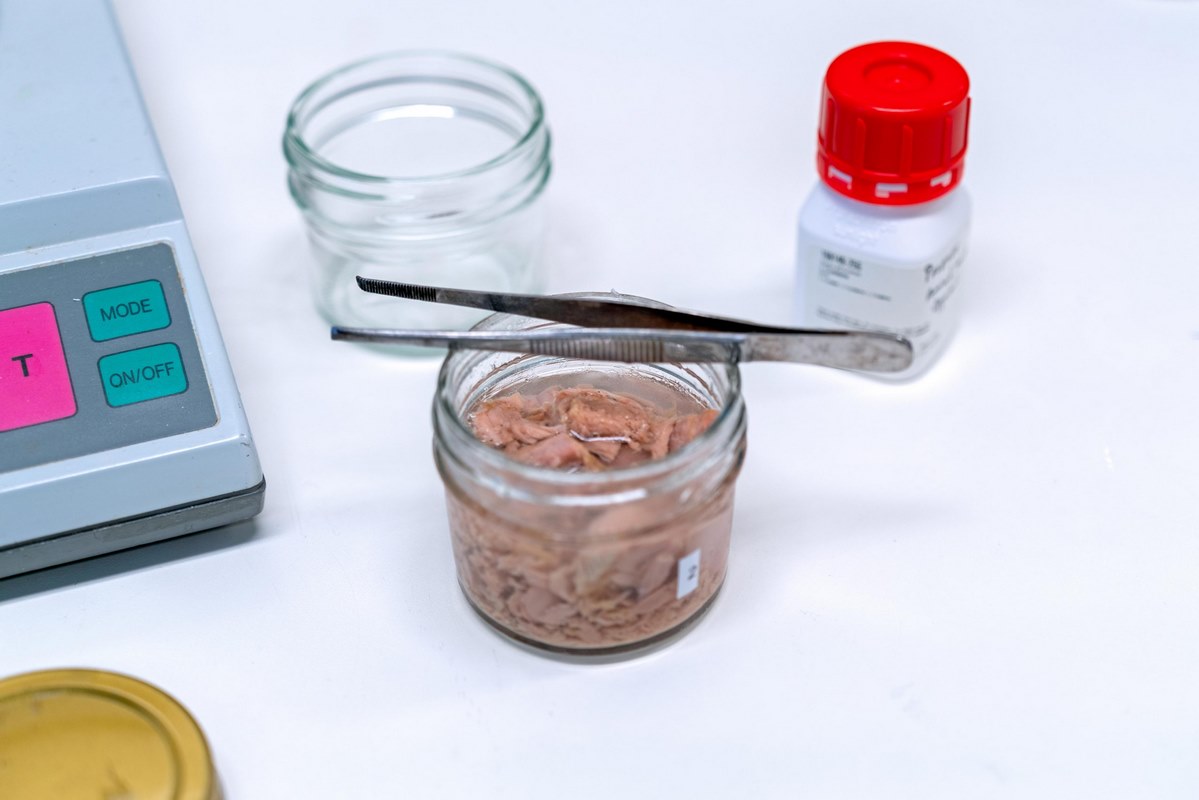EPA and DHA, welcome abbreviations for eicosapentaenoic acid and docosahexaenoic acid respectively, are actually that which so many professionals will suggest you supplement your diet with: omega-3 fatty acids.
In the world of nutrition and supplementation EPA, DHA, omega-3s, and fish oil are all used sort of interchangeably to describe what is undoubtedly one of the most important supplements you’ll ever take.
Omega 3 fatty acids are what are known as essential fatty acids, meaning that like essential amino acids, the body cannot synthesize them on its own, and therefore must acquire them through dietary means. Low intake of omega-3 fatty acids was the 2nd largest dietary factor for modifiable mortality rates in a meta-analysis of epidemiological studies as well as data from the National Institute of Health’s dietary surveys.
So clearly omega-3 is a very important micronutrient, but which parts of the body will it help sustain exactly, and what is the best source of DHA and EPA?
What Does It Do?
We already discussed its reduction in the risk of all-cause mortality, but there are a number of other neurological, genealogical, and metabolic functions for which the application of DHA and EPA can help tremendously.
In a study examining whether marine omega-3 fatty acid levels had anything to do with survival rate in patients with coronary heart disease, the researchers discovered that each standard-deviation increase in DHA and EPA levels, resulted in a 32% reduction in the chance of telomere shortening.
Telomeres are like the plastic wrapped around the end of a shoelace to keep it from unraveling, only in our bodies the shoelaces are the DNA strands. Scientists often use telomere length as a marker for genetic age as the shorter one’s telomeres are, the more the DNA strands tend to sustain damage, like the unraveling of a shoelace if the plastic falls off.
Omega-3s also play a role in reducing inflammation across many tissues and has been shown to reduce inflammation, in the colon, kidney, brain, and more. This reduction in inflammation has been speculated as a novel way to control autoimmune diseases like MS, Crohn’s disease, and Lupus.
Speaking of the brain, the cells therein are deeply enriched with and by, polyunsaturated fatty acids, the family in which omega 3s reside. For instance, 20% of the brain’s total lipid profile is made up of DHA. So far, polyunsaturated fatty acids and their biologically active derivatives have been shown to regulate cell survival, neurogenesis, brain inflammation, and synaptic function.
Proper fetal development also requires omega-3s, and the 2020 USDA dietary guidelines state that women who are pregnant should consume 8-12 ounces of seafood a week from a variety of sources.
Finally DHA and EPA promote cell-membrane fluidity, vital for neurons since neurotransmitters like norepinephrine depend on cell-membrane fluidity. Norepinephrine benefiting from proper neurotransmission as a result of cell-membrane fluidity from taking fish oil is just one example of a process that’s being helped.
Plenty of different kinds of cells in different organs and tissues will benefit from their cellular membranes’ increased fluidity, as many cells have proteins which bind to the membrane that would likely have their function impeded by a membrane that isn’t fluid and is too rigid, for instance receptor genes like melatonin receptors which reside on the cell membrane.
PICTURED: A Northern krill (Meganyctiphanes norvegica). Photo credit Wikimedia GNU License
So I Should Take Fish Oil?
Actually, the omega-3s found in krill oil are more bioavailable, meaning more of the total amount therein can and will be utilized by your body.
For those who understand basic organic chemistry, this is because EPA and DHA fatty acids in krill oil are attached to phospholipids, unlike the omega-3 fatty acids in fish oil which are either found in a triglyceride or ethyl ester form.
Simply put, triglycerides or ethyl esters must be be broken apart before the omega-3s can be absorbed, whereas the phospholipids do not.
One of the phospholipids found in krill oil (and fish) has been found to be the almost exclusive source for the brain in recent mouse, rat, and piglet studies. This phospholipid, known as phosphatidylcholine, is generally not found in molecularly distilled fish oil although it is produced in the body.
Finally, krill oil contains an antioxidant called astaxanthin that’s found in a number of other marine species that actually includes certain kinds of algae. Its potent ability to prevent oxidative stress was listed at 100 times greater than vitamin E by one study.
Quoting from the same paper “To date, various important benefits suggested for human health include immunomodulation, anti-stress, anti-inflammation, LDL cholesterol oxidation suppression, enhanced skin health, improved semen quality, attenuation of eye fatigue, increased sports performance and endurance, limiting exercised-induced muscle damage, and the suppression of the development of lifestyle related diseases such as obesity, atherosclerosis, diabetes, hyperlipidemia and hypertension”.
Therefore, the emerging scientific consensus is that DHA and EPA must be consumed, and that krill oil is the superior choice as compared to fish oil.



